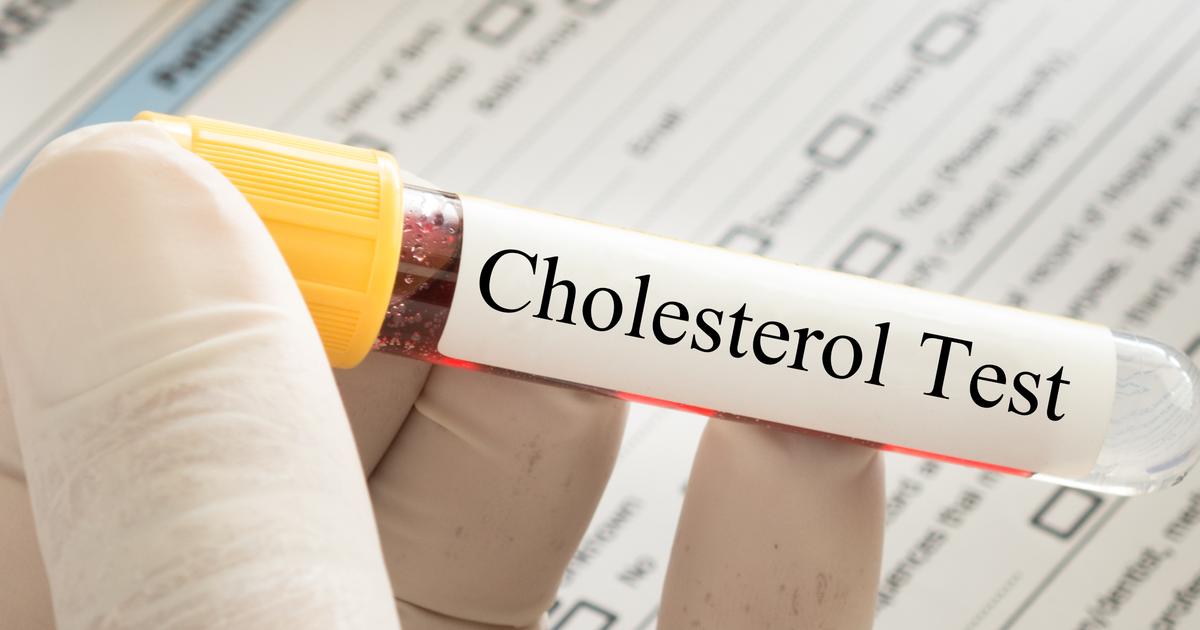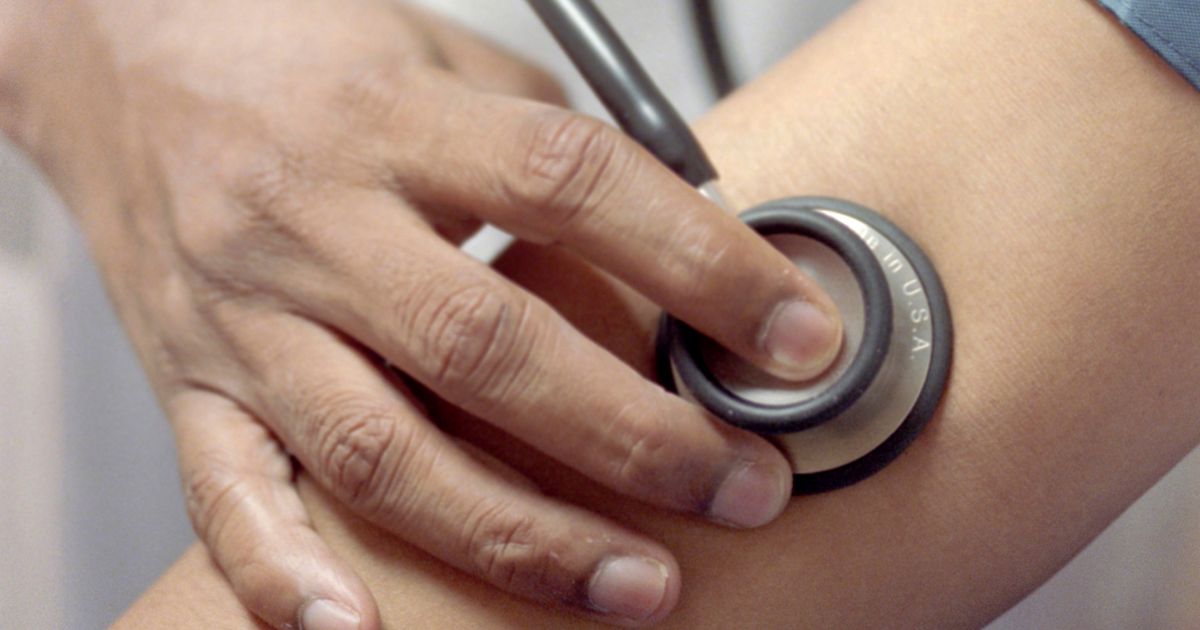Guide To The Health Benefits And Concerns About Soybeans
Soybeans are among the most versatile and popular crops in the world. They can be made into several different food products including tempeh, natto, miso, soy sauce, soybean oil, soy protein, and tofu. Some individuals even eat soybeans whole. Vegetarians and vegans often get vital protein and other nutrients from soybeans. This snack is eaten traditionally in Asia and has become increasingly popular in Western countries over the past few years. Many individuals in the United States use soy milk as an alternative to dairy milk, and they may use soybean products as substitutes for meat. While soybeans have several potential health benefits, some researchers have raised concerns about health risks they may pose, particularly when consumed in excess.
May Reduce Cholesterol

Some evidence indicates soybeans may lower cholesterol. When an individual's cholesterol is abnormally high, they may be at an increased risk of developing heart disease and suffering cardiac arrest. One study showed individuals who ate forty-seven grams of soy protein every day could lower their 'bad' cholesterol by 12.9 percent and their overall cholesterol by 9.9 percent. Another study showed fifty grams of soy protein daily caused low-density lipoprotein cholesterol to lower by three percent.
More studies need to be done to determine whether lowering these cholesterol levels also lowers an individual's risk of heart disease. Though it hasn't been definitively proven that soy protein can prevent heart disease, the United States Food And Drug Administration has approved health claims about the use of soy protein in heart disease prevention. When eaten as edamame, soybeans have vitamin K, antioxidants, and healthy fiber. These are plant compounds that can reduce an individual's risk of heart disease as well as improve their overall blood lipid profile.
May Lower Blood Pressure

Soybeans may lower blood pressure because they contain isoflavones, which are nutrients also found in peanuts, green tea, and other plant-based foods, and studies indicate isoflavones might be effective in lowering blood pressure. In the most comprehensive study, five thousand Americans were followed for twenty years. At the end of the twenty-year survey, the data showed individuals who ate the most isoflavones had the best blood pressure. The systolic blood pressure for these individuals was around 5.5 points lower on average than those who ate few isoflavones. Adding soybeans to diet increases the amount of isoflavones consumed.
One cup of soy milk includes around twenty-two milligrams. Meanwhile, just one hundred grams of soybeans can have up to 130 milligrams. The theory is isoflavones increase the body's production of the enzymes responsible for creating nitric oxide, which relaxes blood vessels. When the blood vessels are relaxed, they widen, causing blood flow to happen more easily. This leads to an overall drop in blood pressure.
